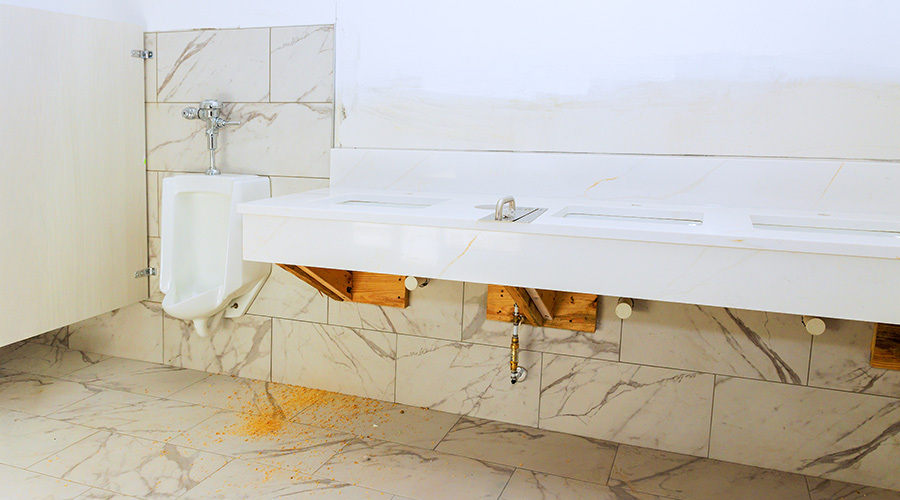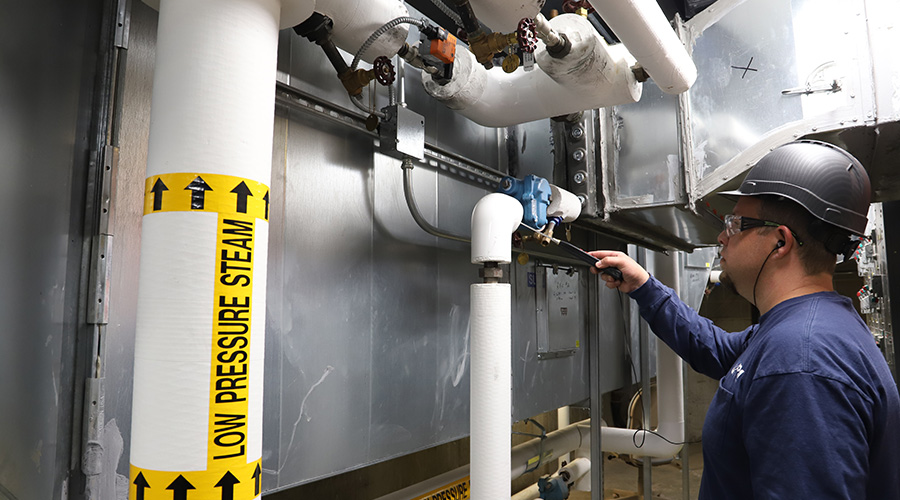WASHINGTON, D.C. – The U.S. Environmental Protection Agency (EPA) today proposed two rules to help protect Americans from exposure to the harmful chemical formaldehyde, consistent with a Federal law unanimously passed by Congress in 2010. These rules ensure that composite wood products produced domestically or imported into the United States meet the formaldehyde emission standards established by Congress.
Formaldehyde is used in adhesives to make a wide range of building materials and products. Exposure to formaldehyde can cause adverse public health effects including eye, nose and throat irritation, other respiratory symptoms and, in certain cases, cancer.
“The proposed regulations announced today reflect EPA’s continued efforts to protect the public from exposure to harmful chemicals in their daily lives,” said James J. Jones, EPA’s acting assistant administrator for the Office of Chemical Safety and Pollution Prevention. “Once final, the rules will reduce the public’s exposure to this harmful chemical found in many products in our homes and workplaces."
In 2010, Congress passed the Formaldehyde Standards for Composite Wood Products Act, or Title VI of the Toxic Substances Control Act (TSCA), which establishes emission standards for formaldehyde from composite wood products and directs EPA to propose rules to enforce the act’s provisions. EPA’s proposed rules align, where practical, with the requirements for composite wood products set by the California Air Resources Board, putting in place national standards for companies that manufacture or import these products. EPA’s national rules will also encourage an ongoing industry trend towards switching to no-added formaldehyde resins in composite wood products.
EPA's first proposal limits how much formaldehyde may be emitted from hardwood plywood, medium-density fiberboard, particleboard and finished goods, that are sold, supplied, offered for sale, manufactured, or imported in the United States. The emitted formaldehyde may be left over from the resin or composite wood making process or be released when the resin degrades in the presence of heat and humidity. This proposal also includes testing requirements, laminated product provisions, product labeling requirements, chain of custody documentation, recordkeeping, a stockpiling prohibition, and enforcement provisions. It also includes a common-sense exemption from some testing and record-keeping requirements for products made with no-added formaldehyde resins.
The second proposal establishes a third-party certification framework designed to ensure that manufacturers of composite wood products meet the TSCA formaldehyde emission standards by having their composite wood products certified though an accredited third-party certifier. It would also establish eligibility requirements and responsibilities for third-party certifier's and the EPA-recognized accreditation bodies who would accredit them. This robust proposed third-party certification program will level the playing field by ensuring composite wood products sold in this country meet the emission standards in the rule regardless of whether they were made in the United States or not.
More on Formaldehyde Proposals: http://www.epa.gov/oppt/chemtest/formaldehyde/index.html
More on EPA’s TSCA Work Plan chemical effort: http://www.epa.gov/oppt/existingchemicals/pubs/workplans.html

 Biofilm 'Life Raft' Changes C. Auris Risk
Biofilm 'Life Raft' Changes C. Auris Risk How Healthcare Restrooms Are Rethinking Water Efficiency
How Healthcare Restrooms Are Rethinking Water Efficiency Northwell Health Finds Energy Savings in Steam Systems
Northwell Health Finds Energy Savings in Steam Systems The Difference Between Cleaning, Sanitizing and Disinfecting
The Difference Between Cleaning, Sanitizing and Disinfecting Jupiter Medical Center Falls Victim to Third-Party Data Breach
Jupiter Medical Center Falls Victim to Third-Party Data Breach